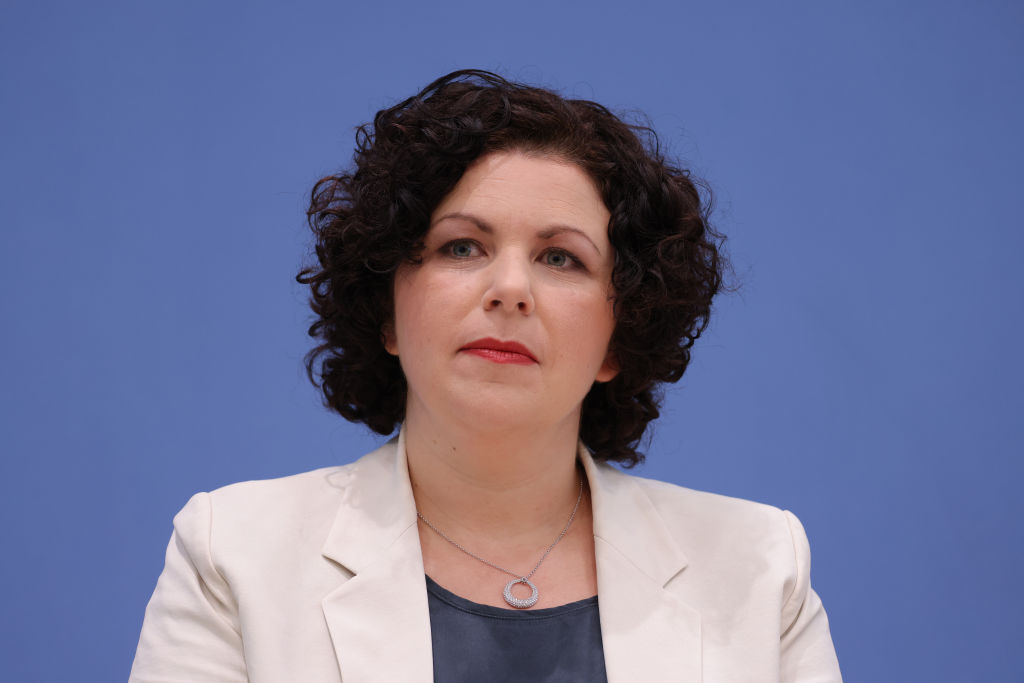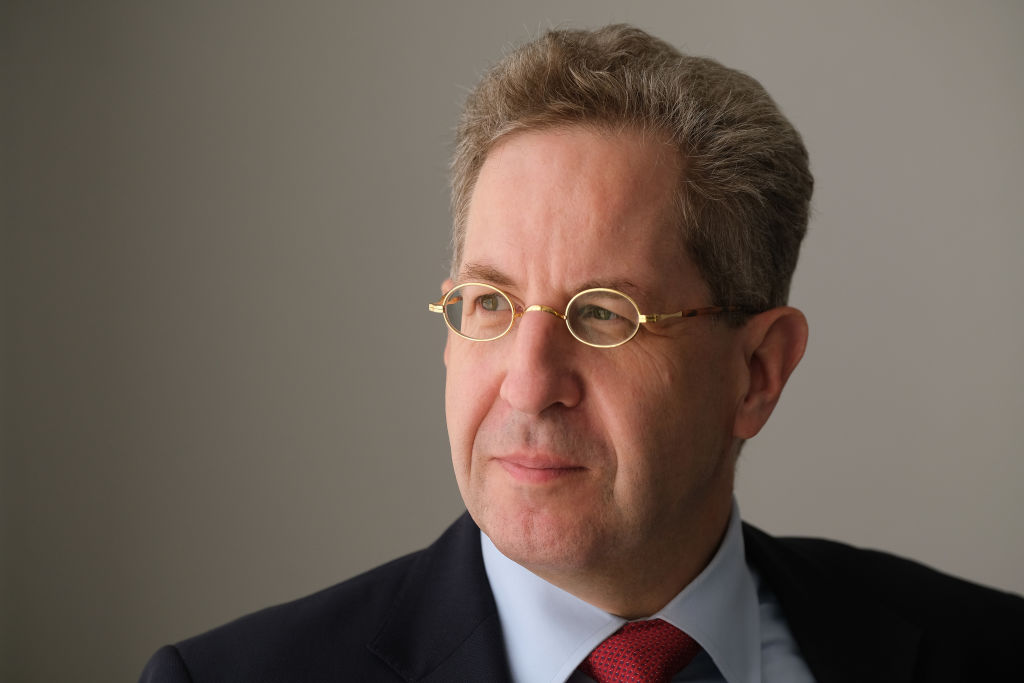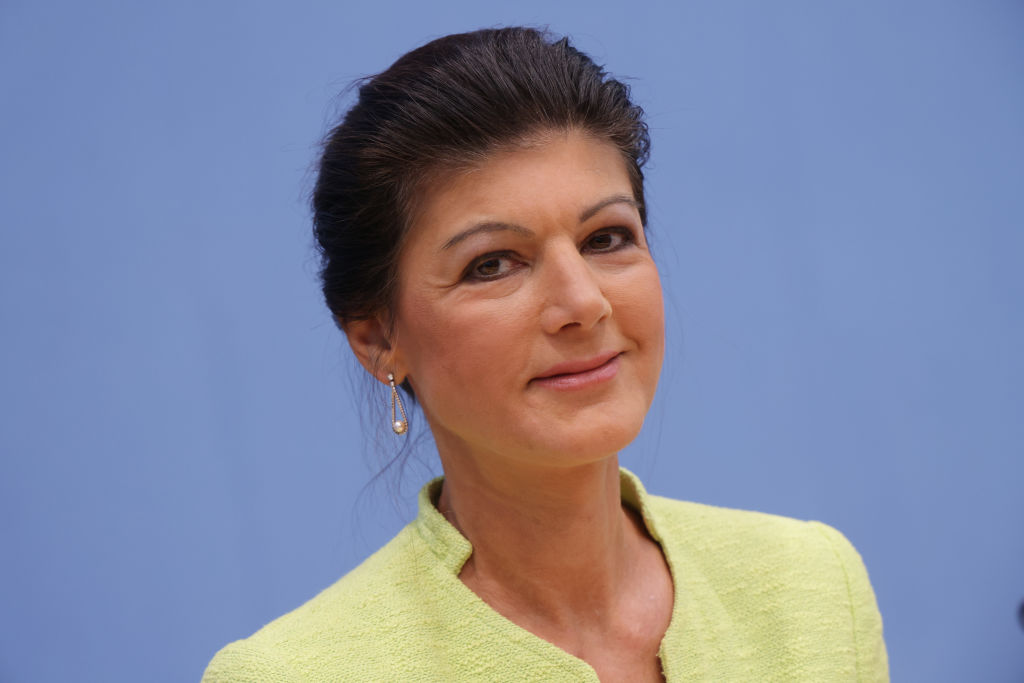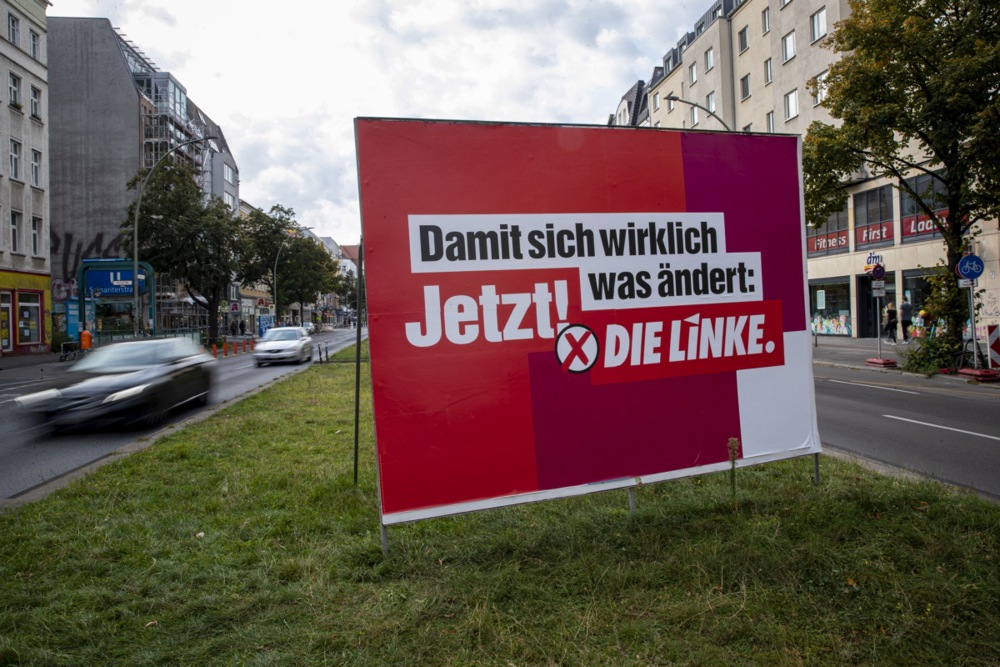Germany’s Christian Democratic Union (CDU) may expand its so-called “firewall” to include the new left-wing populist Bündnis Sahra Wagenknecht (BSW) party, a senior politician for the group has said.
Currently, this firewall principle mainly applies to the right-wing populist Alternative für Deutschland (AfD) and the East German Communist Party successor Die Linke, with Christian Democrat politicians largely forbidden from working with either group barring “exceptional circumstances”.
Andrea Lindholz, the deputy chair of the CDU’s parliamentary group in the German Bundestag, has now argued that principle of non-co-operation should, logically, extend to the BSW.
This, she argued, is because the new BSW group set up by populist politician Sahra Wagenknecht shares similarities with other “blacklisted” parties.
“I can’t imagine working with Sahra Wagenknecht’s new party any more than I can imagine working with the Left Party,” Lindholz told German media.
She went on to describe the BSW as being “a mix between the AfD and the Left Party”.
“Neither of those things fit us at all,” Lindholz said.
The Values Union — Germany's second major party to be founded in 2024 after the left-wing anti-woke Sahra Wagenknecht Alliance — appears to represent a growing level of resistance to mainstream politics, writes @Peter_Caddle.@HGMaassen | @WerteUnion https://t.co/xD6Z8UAejT
— Brussels Signal (@brusselssignal) January 29, 2024
She also took aim at the newly founded Union of Values party.
Set up by former German spymaster Hans-Georg Maaßen in January, that new group was announced as an alternative to both the CDU and the AfD, aiming to stand up for the Conservative values some feel the centre-right has abandoned – but without “turning to populism”.
According to Lindholz, the party has not done enough to distance itself from the ideals of the AfD.
“As far as the so-called Union of Values is concerned, the people who express themselves there are politically very close to the AfD,” she said.
Lindholz added that she would “not be surprised” if some of the new party’s membership were being “spied on” by the German authorities over concerns they could be far-right extremists.
She also bemoaned Maaßen’s leadership of the organisation, saying that she was “stunned” by the former establishment figure’s current politics.
“I have often asked myself the question of when Mr Maaßen took the wrong turn,” Lindholz said.
“The fact that he is now leaning so far to the Right is shocking.”
Banning the hard-right German AfD party is wrong and Viktor Orbán’s policies are sensible, says Sahra Wagenknecht, the country’s maverick hard-left star. https://t.co/C1ONs9EV8L
— Brussels Signal (@brusselssignal) November 14, 2023





